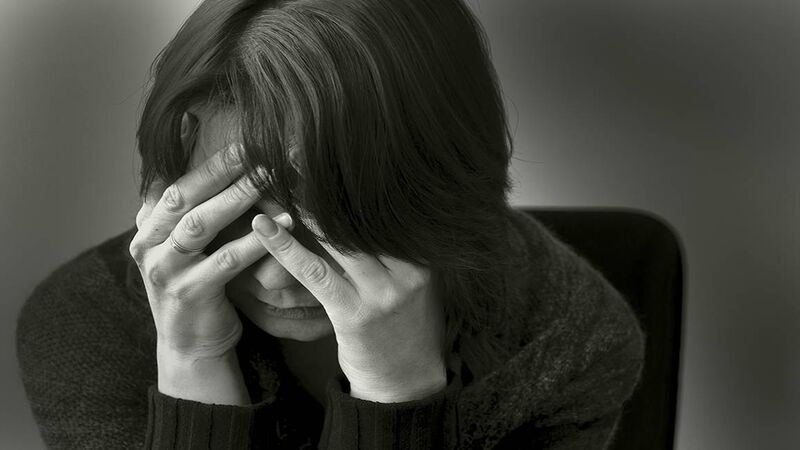Combined drug and mental health teams promised

Patients and their families are told by mental health services that an addiction needs to be treated first — and by addiction services that psychiatric issues need to be addressed first.
His friends had been fellow drug users and he was very close to them.













